How tourists are scammed in Cuba: don’t be fooled (11 photos)
Tourism is Cuba's main source of income. Prices for tourists here are several times higher than for locals. That is, even without deception, people with dollars make good money here. 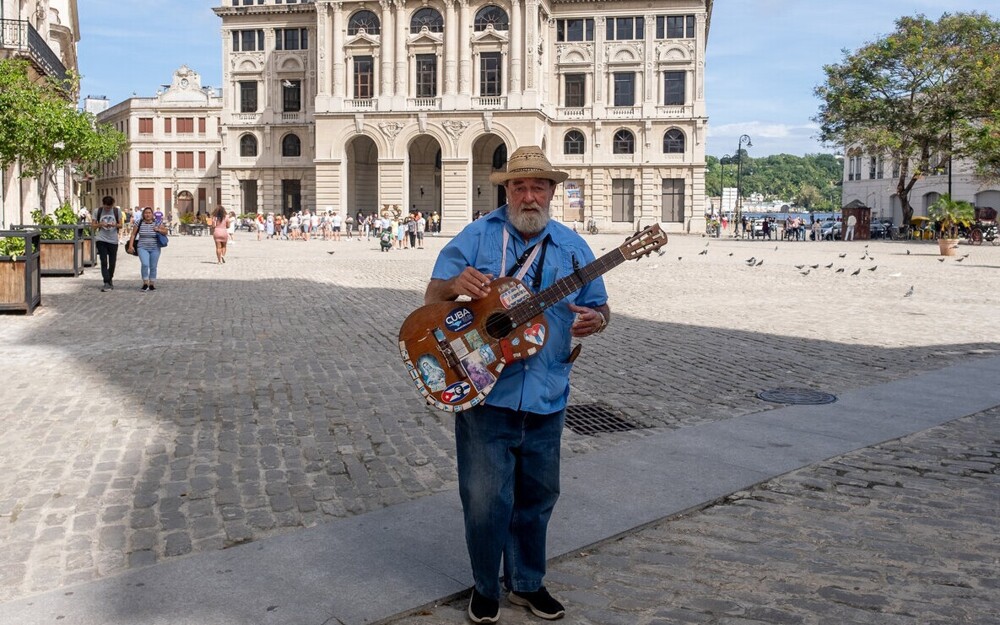
Add to this the fact that Cuba is usually described as an island paradise, where an atmosphere of carefree and friendliness reigns. Naturally, tourists relax and do not expect any tricks from the friendly Cubans.
Rate
When there are several currency options in a country that can be used to pay, and there is confusion about the exchange rate, there are a lot of options to make money from those who don’t know. Look: the exchange rate (this is what Google shows) of pesos to the dollar is about 24, the official bank rate is just over 100, but the unofficial rate at which you can exchange dollars (or euros) for pesos is about 270 (January 2024 of the year). So it turns out that if a “kind” taxi driver offers you 10,000 pesos for $100 and says that it’s very profitable, then it’s only profitable for him. Don't be fooled. 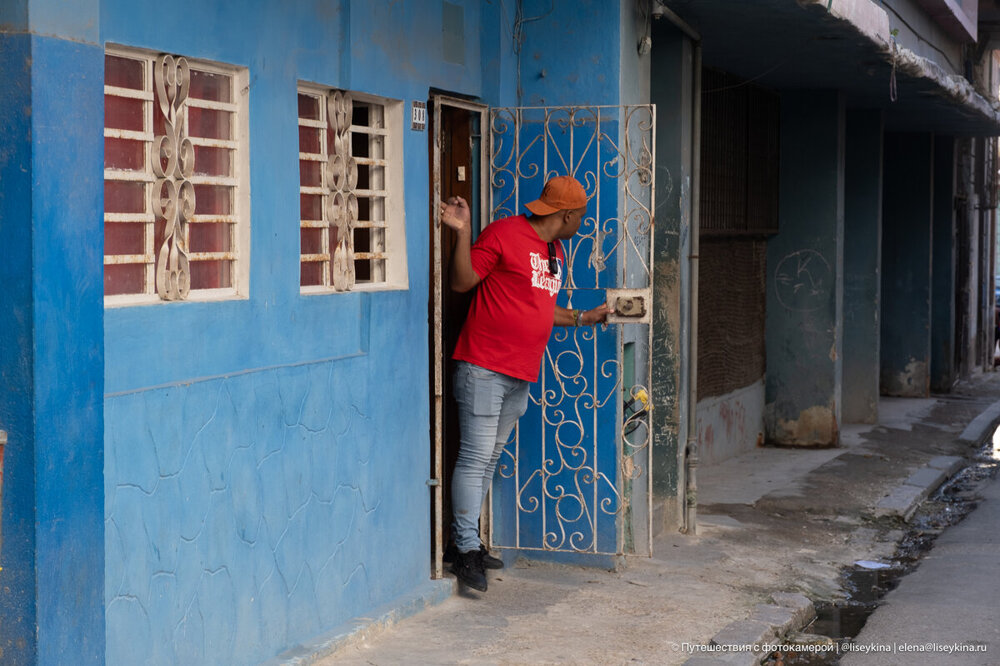
Prices
Many stores do not have price tags. For tourists, prices can be named simply from the head, and they will be several times higher than in reality. Even in the mobile operator's salon. I read in a chat that they sold a SIM card to tourists for $35, although the same thing in pesos costs about 600.
Yes, even in stores in Cuba you can bargain. For example, we have successfully done this in official cigar stores. 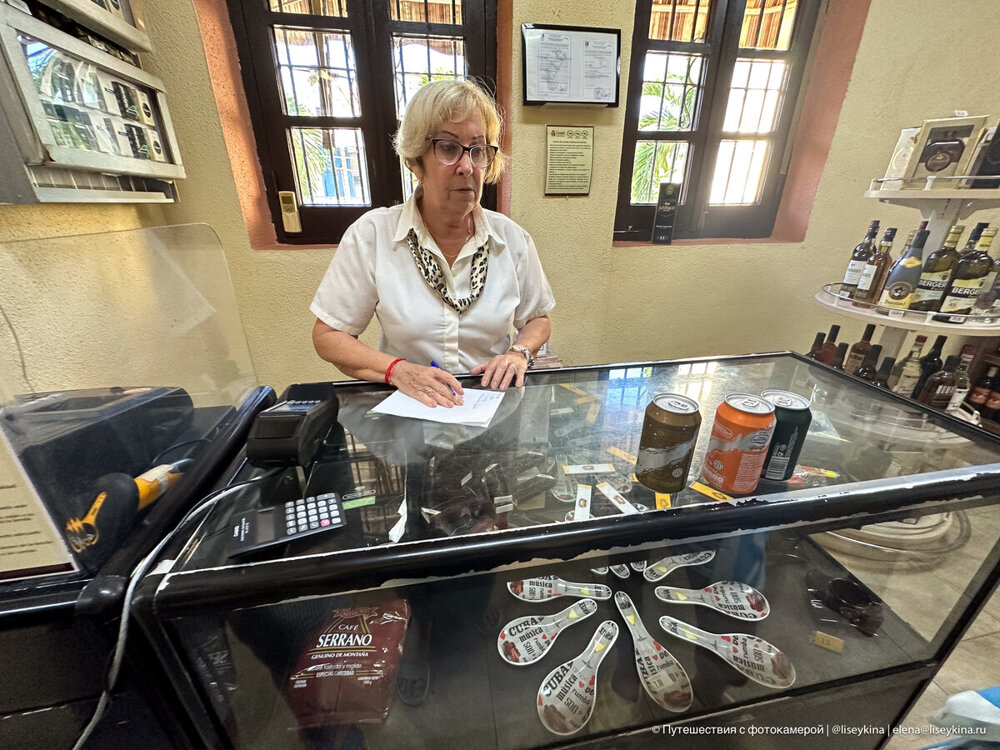
Yes, you can bargain well here. Despite the bank terminal. Naturally, when you buy something more significant than three cans of soda.
Well, missing change is a common story. Like adding something to the bill. Happens in any country.
True, in Cuba the scheme can be complicated by the fact that the bill can most often be paid in two currencies - dollars and pesos. In pesos it is usually more profitable (well, it makes no difference) if you are not too lazy to change dollars at 270 pesos per dollar.
Taxi
Agree on the price in advance and clarify everything once again, because prices, again, are often named from the head. A trip along the same route can cost either $10 or $30. The most reasonable prices are for yellow taxis. But vintage car drivers can ask you for any amount. 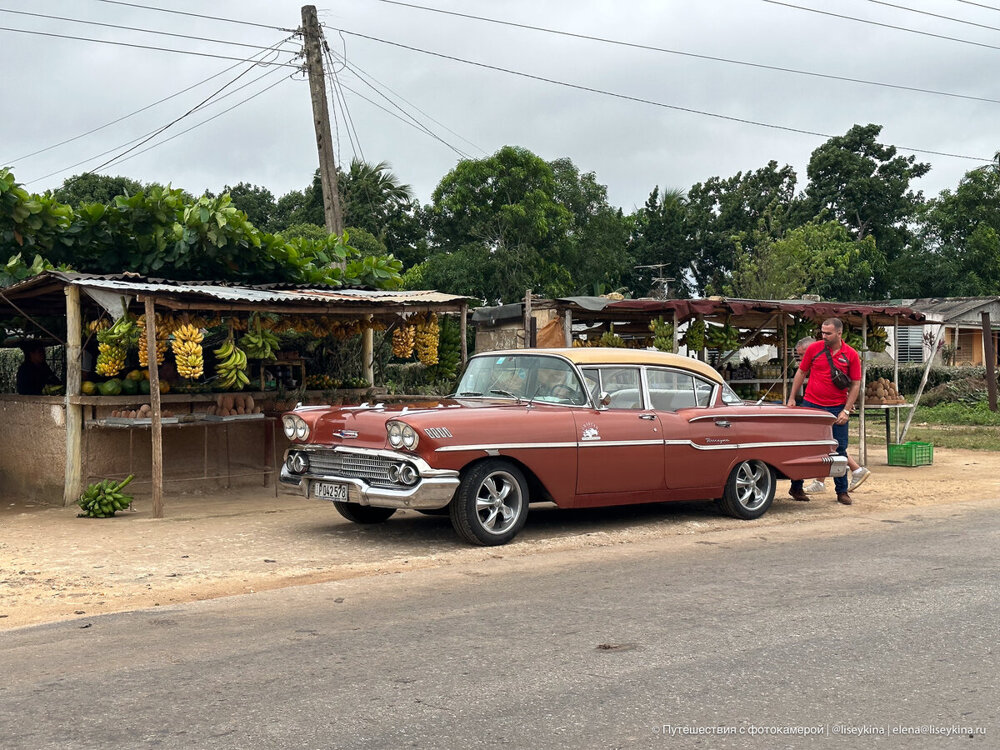
Cars that are allowed to carry tourists undergo technical inspection once every 2 months and are maintained in perfect condition. Hence the prices.
For example, a popular entertainment among tourists is to ride around Havana for an hour in a convertible. It costs $40. The driver just takes you around the city, this is not a tour. A guide must be hired separately. But if you need to get from the center of Havana, for example, to a hotel, then a trip on the same convertible will cost $10, even if it also lasts about an hour. 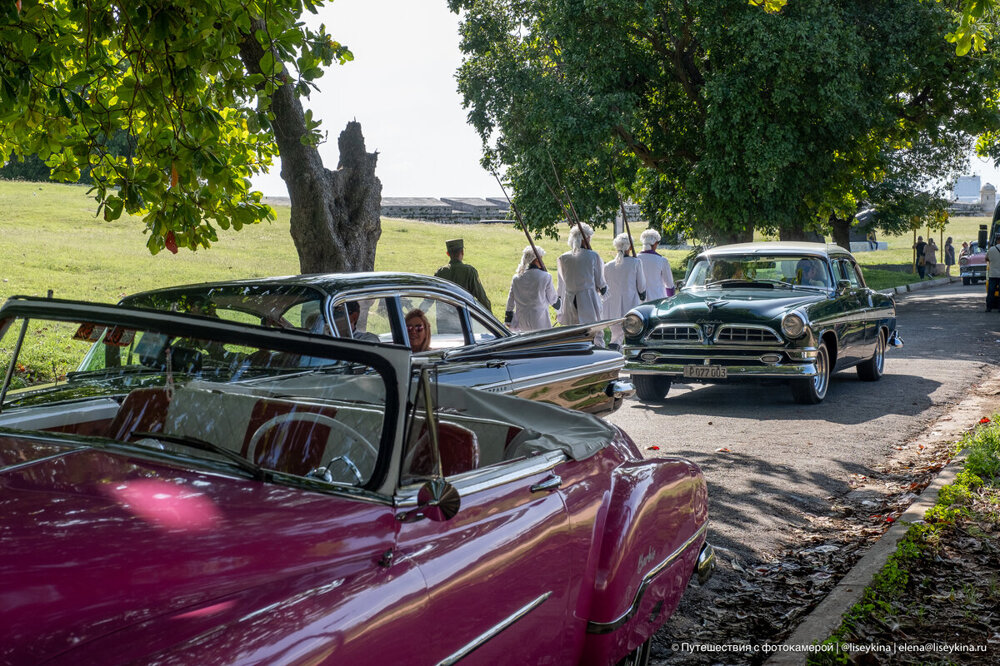
Another very popular story: you specify the price, you are satisfied with everything, and upon arrival at the place it turns out that this was the price per person. And you have a family of four.
"Helped"
You are walking, relaxed and contented, along the street of Havana, looking around, and then a local joyful man comes up and starts asking where you came from and if he can be of any help. Absolutely free. Tells something, maybe even shows the sights. 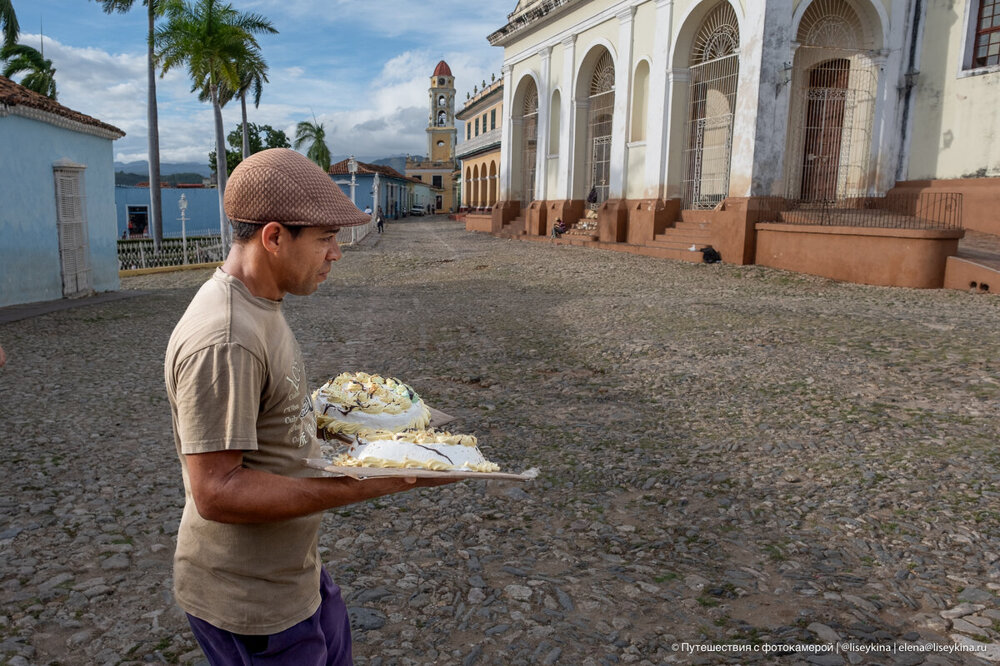
Well, then he takes you to “the only coolest bar for locals, where tourists are not taken.” He orders a mojito there, you communicate, everything goes well. Until it turns out that a cocktail in this establishment “costs” $20, while the normal price is from 2 to 5 (and this is already a tourist price). That's all love is. 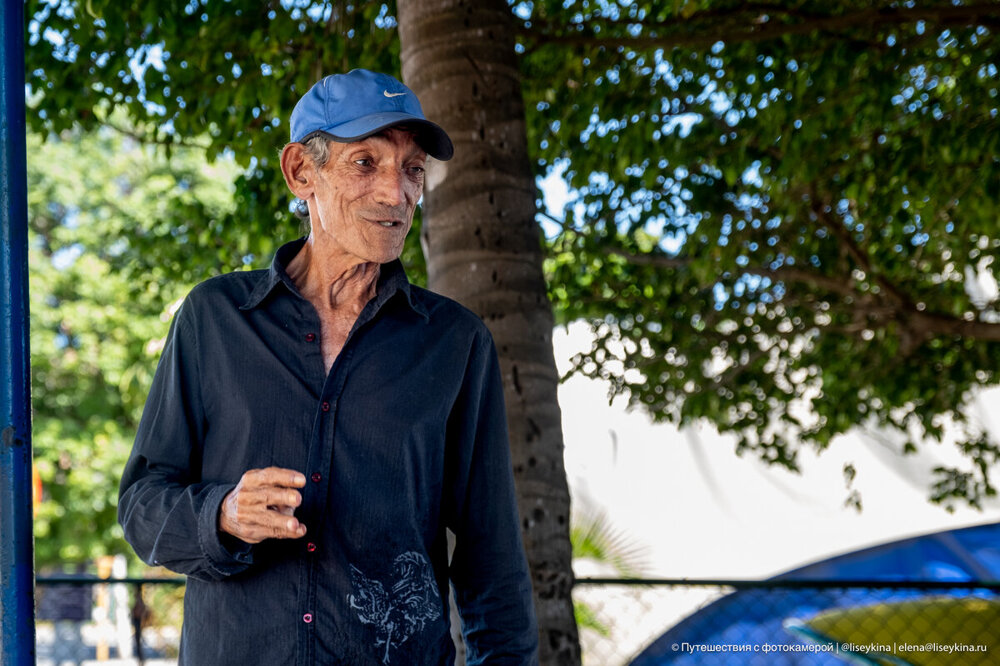
By the way, it happens that Cubans just want to communicate, without any trick. For example, like this man we met at the bus stop. I didn’t try to take him anywhere, didn’t sell anything, just wanted to talk.
Mummers and musicians
Surely, even in Russian cities, near the most important attractions, you have met people dressed in costumes of historical characters or movie/cartoon characters. God forbid you take a photo with them. Then you won't get away with it. 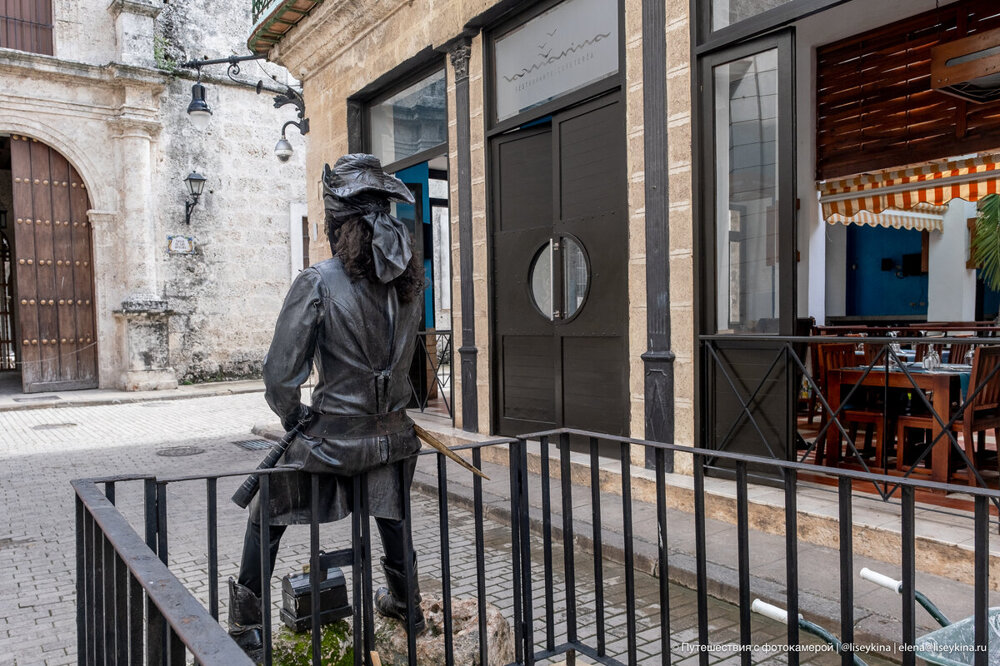
This “statue” of a pirate will also want money from you for photographs.
It's the same in Cuba. As soon as you turn the camera towards bright men and women in national clothes, they immediately start asking for a dollar for a photo. Well, if you started taking photos, then every photo you take will cost a dollar. True, this business is legal in Cuba, and such artists almost have cash registers with them. 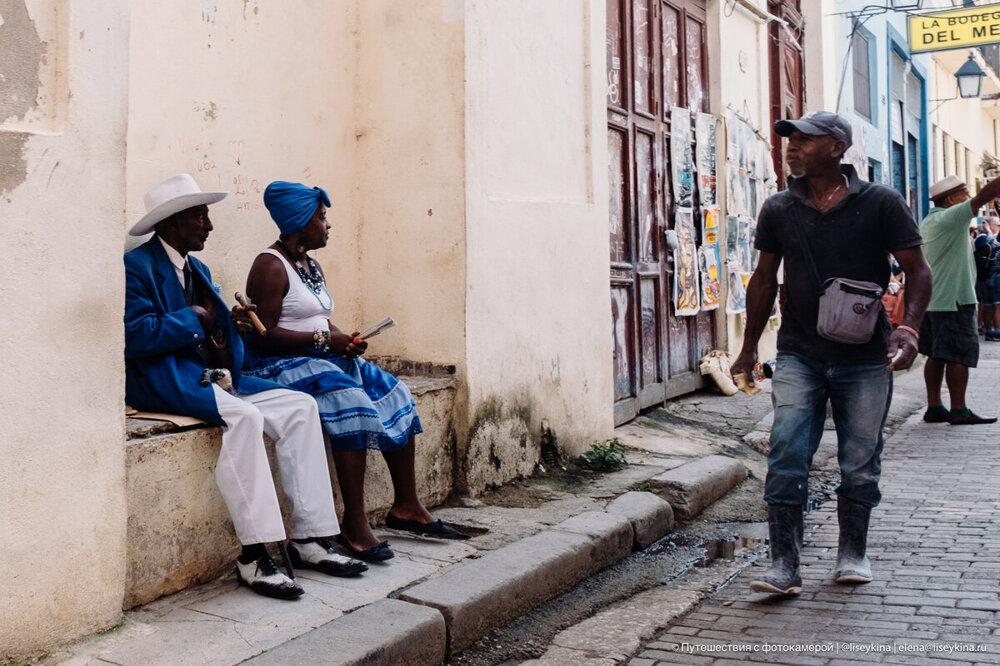
It's a similar story with street musicians. If they come up to you and start playing, it’s not because they want to please the guests of the island, but so that they can then ask for money for the service provided.
Hotel scam
If you thought that you would be safe without leaving the hotel, you are very mistaken. I won’t talk about theft now, depending on your luck. But one “scam” is common in many hotels, and many tourists have fallen for it. The fact is that almost all hotels take a deposit for beach towels. More precisely, if you lose a towel (and it must be returned upon check-out), you are required to pay a fine of $35 (I will not say that for this money you can buy not one towel, but a dozen). And at some point your towel disappears from your sun lounger. You go to the staff with a request to find a “thief”, and in response you receive an offer to “settle the problem for just $10.” Morality? Do not leave unattended not only valuables and phones, but also hotel towels. 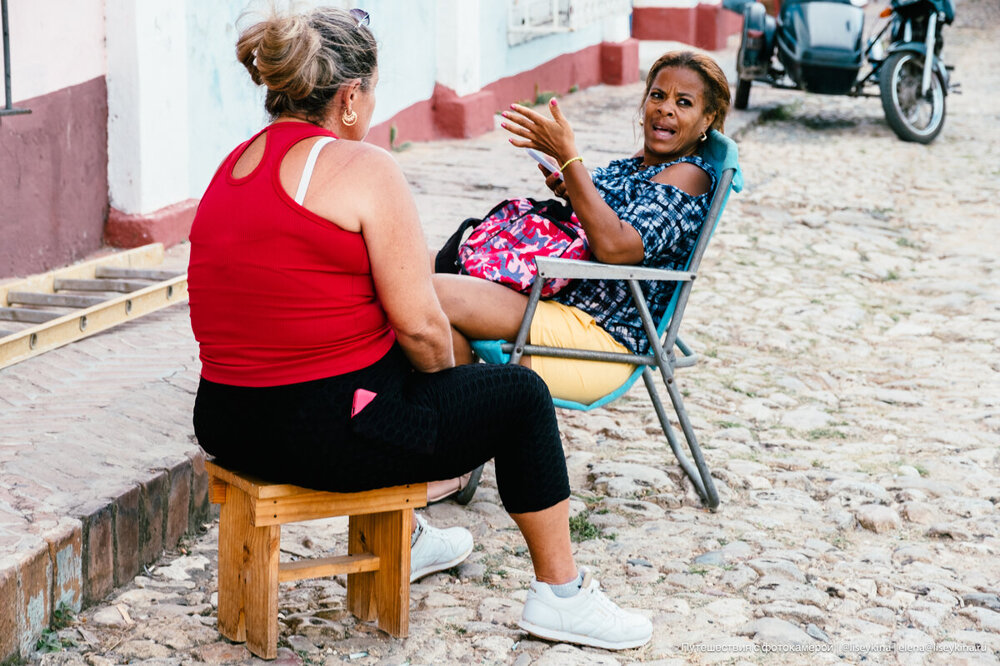
Cigars and rum
Here, in my opinion, there is no special divorce. There are local peculiarities. Just know that all cigars offered to you outside of official stores could be made anywhere. This does not mean that they are somehow “different”; there are very worthy specimens that are not inferior to branded ones. Just know that the price for such cigars is $1-2, no more. Try and bargain.
Well, if you want to buy something that is definitely not a fake (for example, as a gift), then only in official stores. 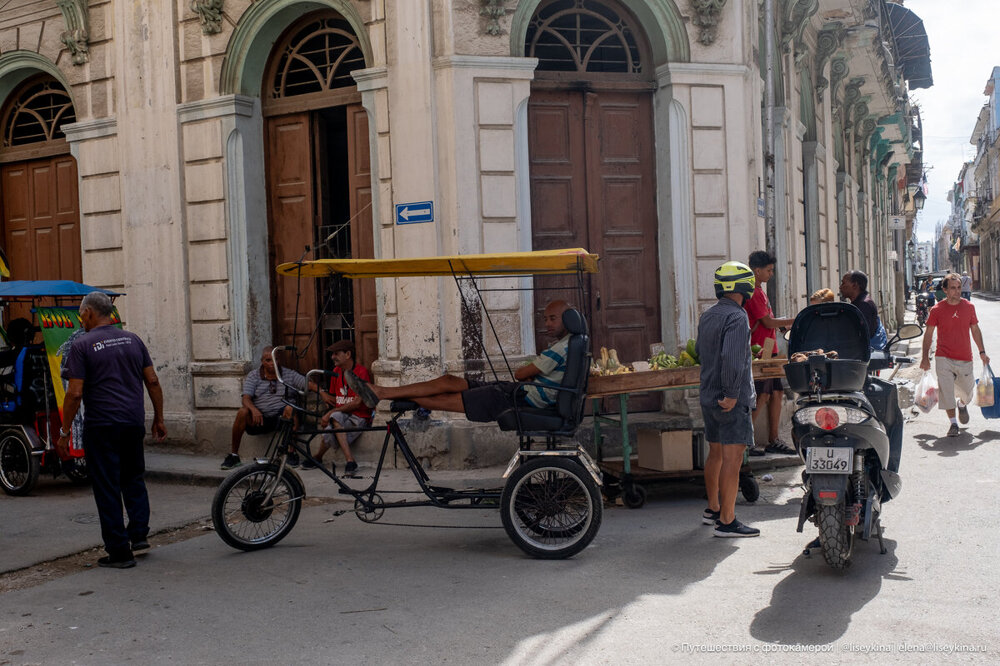
But the rum is not counterfeited. So you can buy on the street and from waiters or bartenders.























